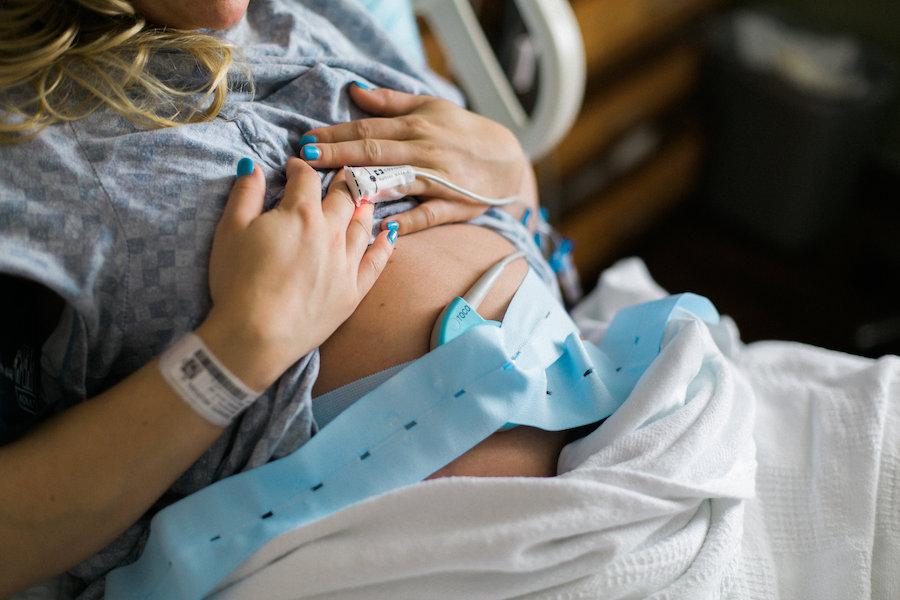Finally, just a few weeks to go before you meet your baby! You will be visiting your doctor weekly moving forward.
Most babies are vertex, meaning that the baby’s head is facing down, by 36 weeks. Several methods are used to verify the position of your baby at this time. The simplest way is by listening to your baby’s heartbeat with a doppler. If the heartbeat is heard the loudest below the mother-to-be’s belly button, the baby is probably head down.
Next, your health care provider will be performing a Leopold’s maneuver by feeling your abdomen to determine the position of your baby inside your uterus. The top of the uterus, the sides of the abdomen and the bottom of your abdomen will be examined to determine which end of the fetus is on top and bottom. They may also decide to perform a pelvic exam to assess any change in your cervix as well as determining the position of the baby. Last, an ultrasound can be performed if necessary to clearly see what position your baby in.
A vaginal culture will be done to check for bacteria called Group Beta Strep (GBS). This is not infectious bacteria, but infants born to mothers who have this bacteria as part of their normal vaginal flora are given antibiotics in labor and closely monitored after delivery for any infection. These infections can cause inflammation of the baby’s blood, lungs, brain, or spinal cord, and can lead to poor outcomes in about 5% of infected babies.
GBS is not a sexually transmitted disease. The test for GBS is a simple and painless procedure in which a swab is taken from the woman’s vagina and rectum to obtain a sample for culture. The results are available within a week. If you test positive, you will need to antibiotics during labor. Antibiotics are given intravenously. The most common antibiotic given to prevent GBS in newborns is penicillin.
It is also time to re-check your hemoglobin for anemia. Certain state requirements mandate a repeated HIV test at this time as well. Please check with your health care provider regarding your State’s requirements.
